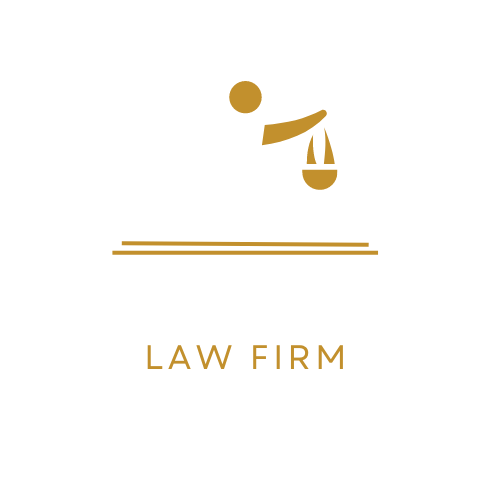
An attorney, also referred to as an advocacy or lawyer, is a legal professional that assists businesses, schools, the government and individuals in legal matters. Attorneys frequently utilize an in-house language known as legalese in their everyday work activities.
Southerners tend to pronounce attorney more like saw; we will explore both versions in this article.
Pronunciation
One of the key aspects of learning a new language is practicing pronunciation. There are various tools you can use, such as recording yourself. Doing this allows you to hear how you pronounce each word and identify any mistakes; plus you can gain more information on its origin and meaning.
According to the Harvard Dialect Survey, most Americans pronounce lawyer to rhyme with “boy,” while Southerners emphasize its significance by making it rhyme with saw.
To correctly pronounce attorney, first break it into its components and practice saying the word aloud until all sounds can be produced consistently. YouTube provides useful videos on accented pronunciation of various variants of words like attorney. When comfortable with your pronunciation, begin incorporating it into conversations to gain greater confidence in yourself and your abilities.
Origin
Lawyers are individuals licensed to practice law. The term itself comes from Middle English lawer; other common terms for lawyers include attorney-at-law, barrister, solicitor and advocate. Their etymological roots offer insight into legal history.
Attorney first appeared in Beowulf, and its first written manifestation occurred around 1450. Since then it has become one of the most frequently used words in English language.
Attorney is one of the more frequently occurring words, appearing 24.6 times out of every million words on average according to the Common European Framework of Reference. Due to this high frequency, it makes for a good word study for English mastery at B2. To pronounce attorney correctly and become more natural when speaking it’s essential that one accent be practiced consistently until becoming natural when pronouncing it naturally yourself; recording yourself pronouncing attorney can give insight into your pronounciation abilities as well.
Meaning
The term attorney comes from its French origins and initially meant someone authorized to act on behalf of another. Nowadays it refers to someone who practices law as their profession. Attorneys frequently write legal memorandum, briefs, and pleadings so it’s essential that they possess excellent writing abilities as well as being able to effectively communicate with clients.
The pronunciation of attorney may differ depending on your region, with some people speaking it with an American or British accent. Pronunciation can be challenging for beginners so it is recommended that they focus on one accent at first before practicing until they can pronounce it correctly.
The word attorney appears in English on average 24.6 times per million words, making it one of the more frequently encountered vocabulary terms. Attorney can be an important tool when learning English, so include it in your study plan for maximum benefit. Practice its pronunciation by breaking it apart into its individual sounds.
Variations
Studies conducted by the Harvard Dialect Survey have revealed that American speakers tend to pronounce “lawyer” like “boy,” while British English speakers emphasize the word’s emphasis on law rather than boy and produce more saw-like sounding pronunciations; there may also be regional variations; Northerners typically pronounce it with harder /ae/ sounds than Southerners.
Duane describes the 2010 Supreme Court case where Justice Elena Kagan mispronounced “antecedent” as “an-TESS-a-dent”, mystifying spectators and perplexing justices alike. Duane speculates that Justice Kagan did so to highlight an important legal principle; however, many interpreted her pronunciation as an affectation and continued using conventional pronunciation instead. Lawyers and judges often overpronounce as well; examples he provides include calling defendants dee-FEN-dants with can’ts at end or pronouncing jurists as joOR-urs; another likely result of American culture being pervasive within courts.

